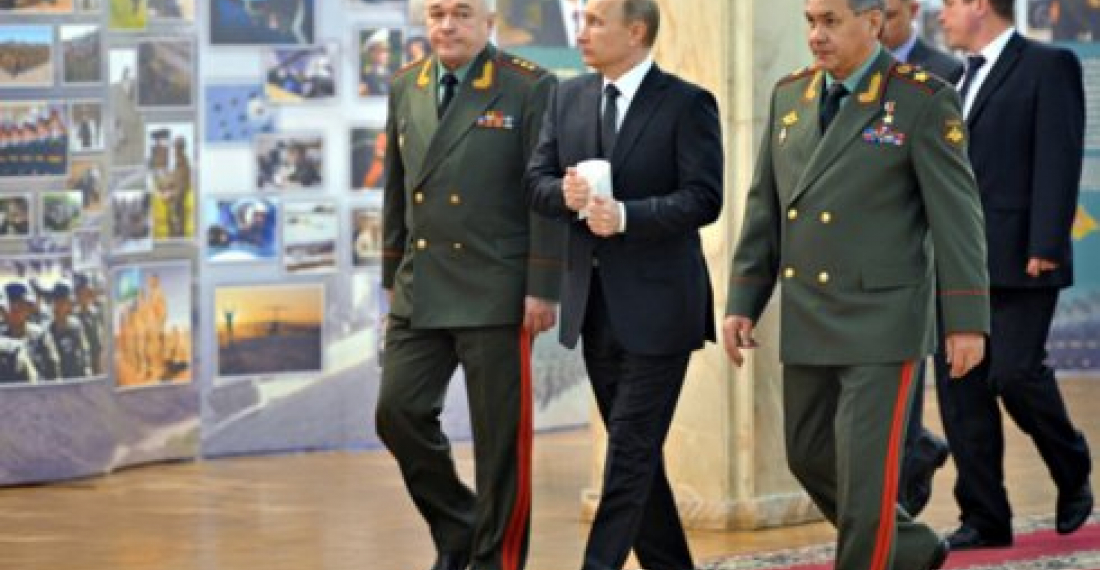President Vladimir Putin's foreign policy is supported by only 16 percent of Russians in light of domestic policy changes like the proposed retirement age hike, according to the latest poll from the independent Levada Center, Moscow Times reported. The paper says that several Russian experts think that foreign policy fatigue has started denting Putin's popularity among Russians, as people ask for more focus on domestic issues.
Russia provides military aid to the Syrian regime in its seven-year civil war and is accused of backing pro-Russian separatists in Ukraine. A majority of Russians backed Russian airstrikes in Syria in 2015 with some reservations. A Levada Center poll conducted in July 2018 and published Thursday has found that 16 percent of Russian respondents support Putin's foreign policy, down from 22 percent two years ago.
Denis Volkov, a sociologist with the Levada Center, linked the decline in public support to foreign policy fatigue about Russia's involvement abroad. "People say in many recent polls ‘Enough helping everyone, we need to help ourselves'," the RBC news website quoted Volkov as saying on Thursday.
Andrei Kolesnikov with the Carnegie Moscow Center said domestic issues have come to the fore for Russians because of the government's plans to raise the retirement age.
"People have decided that military operations are less essential, and more money needs to be spent on domestic issues," Kolesnikov told RBC.
When respondents were asked what they disliked about Putin, the most common answers were his ties to big business, association with corruption and his detachment from the interests of ordinary Russians.
Nearly half of respondents said they were either unsure about their opinion of the president or liked everything about him.
The poll noted that Putin's overall popularity continues to grow, even as another Levada poll found trust in the president had dropped below 50 percent.
Levada conducted the survey on July 19-25 among 1,600 respondents in 52 Russian regions.
source: commonspace.eu with Moscow Times






